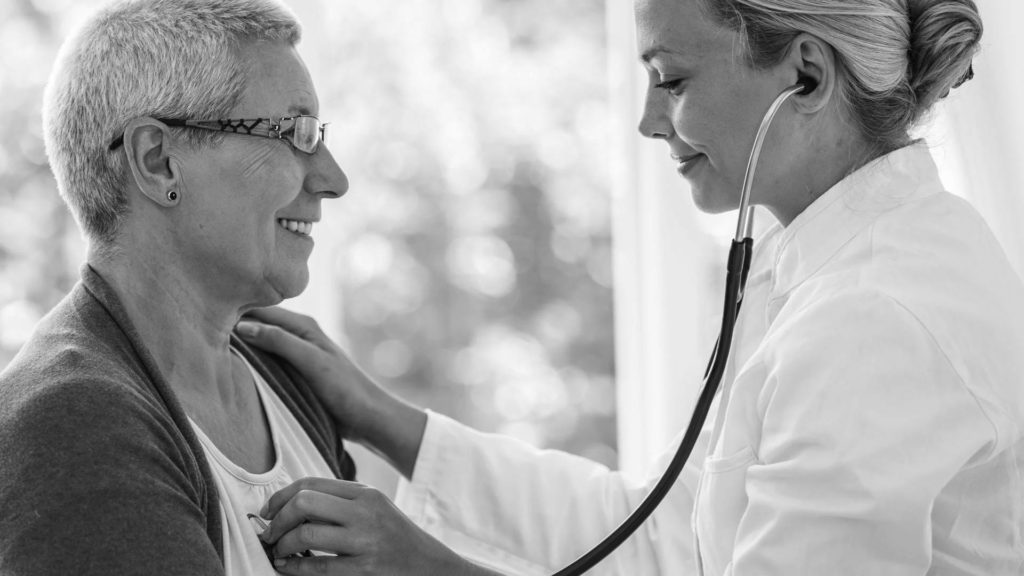In 1956, Vice President Lyndon B Johnson declared February American Heart Month. The goal was to bring attention to issues impacting the heart and inspire a more healthy country. While these efforts have improved many lives over the decades, there continues to be work to do. Heart disease is still the number one killer of Americans. There are many types, and learning more about them can help you stay on top of your health.
What Is Heart Disease?
This term can cover several different ailments. It is used for any health issue related to the heart. The most common examples of heart disease are arrhythmias, blood vessel disease, congenital heart defects, heart muscle disease, heart infection, and heart valve disease.
Congenital Heart Defects
While most heart diseases are typically caused by external factors, congenital heart defects are something people are born with. Usually, it is caught early, but if not, some symptoms include leg, hands, abdomen, or eyelid swelling; skin color that is grey or blue; breathlessness in feeding infants; shortness of breath; or being easily exhausted by exercise.
If you believe you or your child are suffering from congenital heart defects, speak with your provider.
Coronary Artery Disease
This is the most commonplace heart issue in the United States. It is caused by buildup in the arteries that slows the flow of blood. This buildup is made up of cholesterol. This will cause chest pain in some. For many, the first external symptom of coronary artery disease is a heart attack.
Signs you’re having a heart attack
- Difficulty breathing
- Chest pain
- Discomfort in lower or upper arms
- Nausea or lightheadedness
If it is an emergency, call 911. If you are feeling well enough to discuss these symptoms with a member of our care team, call 218-362-6937.
Arrhythmias
This heart issue is when your heart beats too fast, too slow, or irregularly. It is caused by heart tissue or electric signal changes. There are several factors that can contribute to heart rhythm problems. Some people are genetically predisposed to it while for others it can be caused by various reasons, including high blood pressure, thyroid issues, smoking, drinking, or COVID-19.
Symptoms
- A fast or slow heartbeat
- Pain in your chest
- The feeling of chest fluttering
- Tiredness or lightheadedness
- Anxiety
Heart Valve Disease
This issue is when the valves in your heart are not functioning properly. This can be hard to detect, but a professional cardiologist can listen for a murmur to help detect this type of heart issue. Symptoms you can keep an eye out for are:
- Heart palpitations
- Pain in the chest
- Feeling weak or having difficulty breathing
- Feet, abdomen, or ankle swelling
Cardiomyopathy
Cardiomyopathy or disease of the heart muscle can cover several different types. These include dilated cardiomyopathy, hypertrophic cardiomyopathy, or restrictive cardiomyopathy, amongst others. Typically, cardiomyopathy causes the muscles of the hearts to swell or thicken. This weakens your heart and can lead to even more serious heart problems. This disease can be developed over time or inherited. Like many issues, it can show no external symptoms or very severe symptoms such as chest pain, irregular heartbeat, swelling, or dizziness.
Heart Infection
Your heart muscle can be infected by a virus, parasite, bacteria or a chemical. Any of these can hurt or inflame your heart and cause long-term damage. These are the three main heart infections: Endocarditis, where the inner lining of the heart is impacted; Myocarditis, damage to the heart muscle from an autoimmune response or infection; or Pericarditis, when the membrane surrounding your heart is irritated or swells.
Symptoms of heart infections include:
- Difficulty breathing
- Fatigue
- Leg swelling
- Lightheadedness
- Pain in chest
- Fever
- Bloody urine
- Under fingernails feels tender
- Red or purple spots on the skin, in mouth, or white area of eyes
Signs of a Heart Attack
A heart attack can happen to anybody. The signs are different for men and women, though.
In men, you should keep an eye out for:
- Difficulty breathing
- Chest pain
- Discomfort in lower or upper arms
- Nausea or lightheadedness
In women, you should also watch out for:
- Back or jaw pain
- Nausea or lightheadedness
Talk to Your Provider
If you have any of the above symptoms, we encourage you to reach out to your provider. If you have any signs of a heart attack, call 911.


